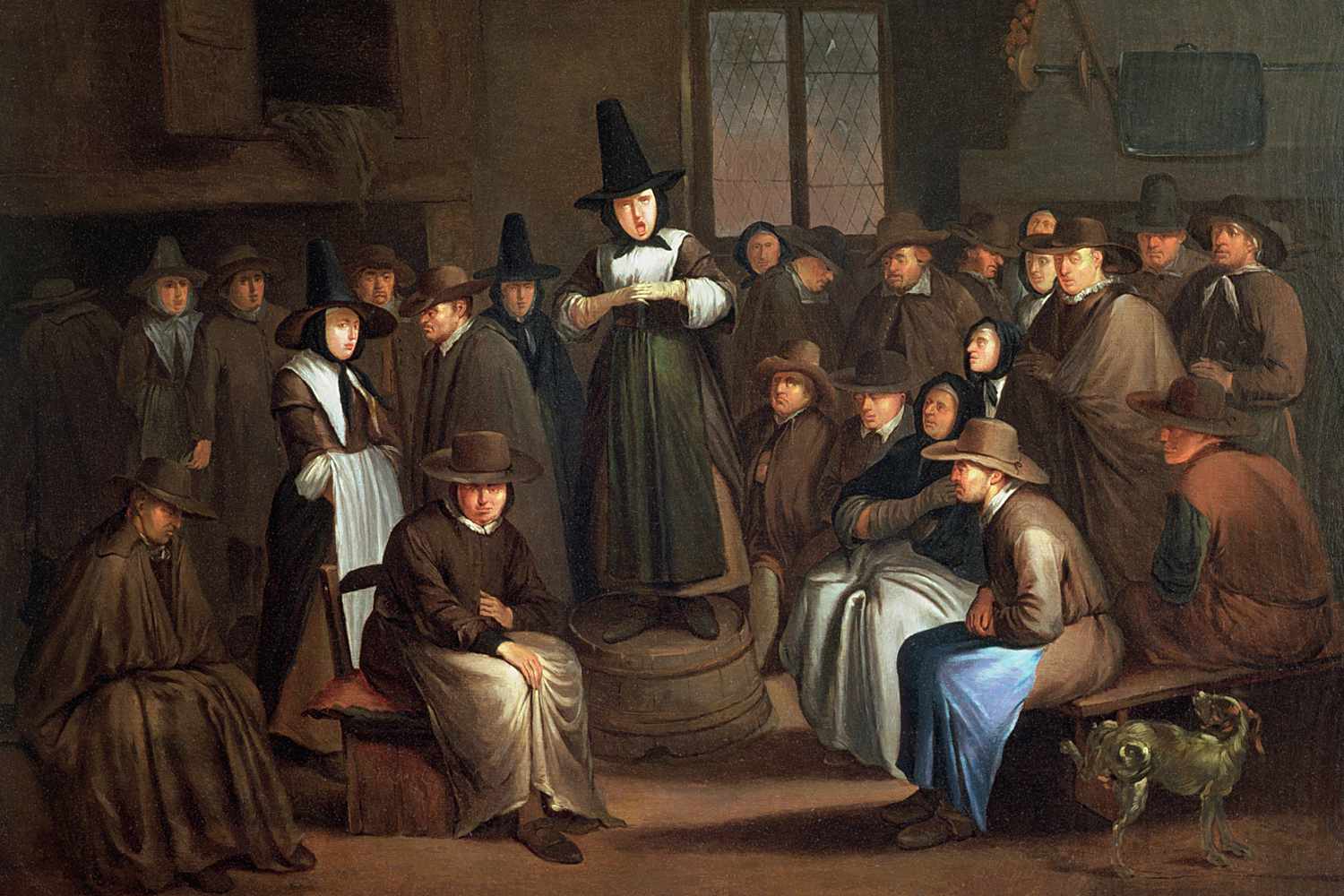Quakerism is a unique religious movement that emerged in the 17th century and left a profound mark on the spiritual, cultural, and social history of the world. Although the Quaker community is relatively small, it has had a significant influence on the development of democracy, human rights, social justice, and education across many countries. You might not know that many of today’s widely accepted values were actively promoted by Quakers long before they gained mainstream recognition. Their way of life, beliefs, and civic engagement have generated numerous fascinating and important facts. Below is a collection of the most interesting and lesser-known facts about Quakerism.
- The Quaker movement began in mid-17th-century England as a radical branch of Protestantism. Its founder, George Fox, preached the idea of direct communication with God without the need for clergy or church institutions.
- The name “Quakers” was originally a term of ridicule and comes from the English word quake, meaning to tremble. It referred to believers who trembled during prayer under the influence of spiritual fervor.
- Quakers refer to themselves as members of the Religious Society of Friends. This name emphasizes the values of community, friendship, and equality among all people.
- At the heart of Quaker belief is the concept of the Inner Light, the idea that every person carries a divine spark within. This conviction leads to deep respect for human dignity and a firm commitment to nonviolence.
- Quakers reject religious rituals, church hierarchies, and formal liturgy. Their meetings are usually held in silence, where anyone may speak if they feel spiritually moved to do so.
- One of the most remarkable characteristics of Quakers is their pacifism. They refused to take part in wars, to serve in the military, or to carry weapons even during times of mandatory conscription.
- Quakers were among the first to publicly oppose slavery in the 18th century. In the United States, many Quakers actively supported the Underground Railroad, helping escaped slaves reach freedom.
- Quakers believed in the equality of women and men long before the rise of the feminist movement. Women were allowed to preach, participate in meetings, and make decisions on equal terms with men.
- The American state of Pennsylvania was founded by Quaker William Penn. He envisioned it as a place based on religious tolerance, democracy, and peaceful coexistence.
- Many Quakers were pioneers in the field of education, especially for women and rural communities. They established schools where children of different races and genders studied together, which was revolutionary at the time.
- Quakers made major contributions to humanitarian aid. In the 20th century, their organization Quaker Relief Service provided assistance to the hungry, refugees, and war victims across the world.
- In 1947, the Quakers were awarded the Nobel Peace Prize. This honored their work in promoting peace, social justice, and humanitarian aid during and after the Second World War.
- Quaker clothing was known for its simplicity and modesty. They wore plain, unadorned garments and avoided jewelry and luxurious fabrics as a sign of humility and separation from worldly vanity.
- In business, Quakers promoted ethical entrepreneurship. They established companies that operated honestly, fairly, and responsibly toward employees and customers, including well-known names like Cadbury and Barclays.
- In legal matters, Quakers were so committed to truthfulness that they refused to swear oaths in court. They believed they must always tell the truth, regardless of the situation.
- Quakers were among the first advocates of environmentally conscious living. They emphasized human responsibility toward nature, careful use of resources, and the importance of protecting the environment.
- Many Quakers took part in the American civil rights movement in the 20th century. They supported Martin Luther King Jr. and joined peaceful protests against racial discrimination.
- Today, Quaker communities exist in many countries, including the United Kingdom, the United States, Kenya, India, Australia, and Ukraine. Although small in number, they maintain a strong voice on issues of ethics, peace, and human rights.
- Unlike many religions, Quakers have no dogmatic creed or formal statement of belief. They rely on personal spiritual experience and the guidance of individual conscience.
- Quakers practice a unique decision-making process based on consensus. They strive for unity without voting, which requires patience, trust, and mutual respect.
- Many Quakers were pioneers in science, medicine, and social reform. They supported the advancement of knowledge while remaining true to moral principles and spiritual values.
These fascinating facts about Quakerism show how profound and multifaceted this religious movement truly is. You might not know that Quakers initiated many social changes that altered the course of history. Their dedication to peace, truth, equality, and justice continues to resonate in today’s world. Quakerism is not only a religion but a comprehensive philosophy of life that inspires honest and responsible living.





